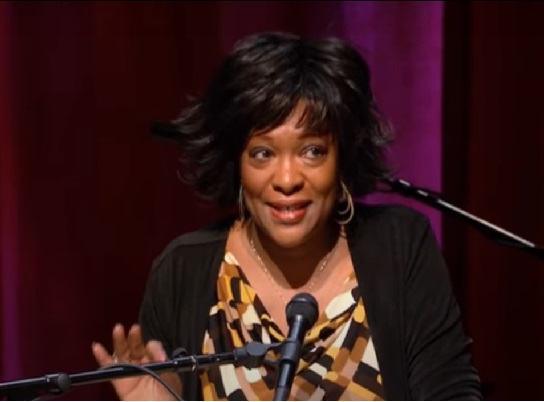Summary of the Poem 'The Bistro Styx' by Rita Dove
"The Bistro Styx" is a poem written by Rita Dove. The title combines the term "bistro," which typically refers to a small, casual restaurant, with "Styx," a river in Greek mythology that separates the world of the living from the underworld. Styx is often associated with the realm of the dead. In the context of the poem, "Bistro Styx" symbolizes a place where the living world and the metaphorical underworld, or the complexities of modern life, intersect.
In this poem, the poet talks about a troubled relationship between a mother and a daughter using references to Greek mythology, specifically the story of Persephone and Demeter. The modern version portrays Demeter as a mother who finds her daughter, Persephone, captivated by the allure of Paris.
The mother notices her daughter's changed appearance, with the daughter dressed in gray, and feels a sense of unfamiliarity. The daughter arrives late, apologizes insincerely, and they share a kiss. The mother observes her daughter critically, describing her as a troubled aristocratic figure.
The conversation touches on the daughter's life in Paris, running an art gallery with her boyfriend. The mother disapproves of the daughter's choices and questions her happiness. The daughter defends her lifestyle, mentioning admiration from tourists and Parisians.
The mother expresses dissatisfaction with her daughter's responses, suspecting her involvement in nude modeling for controversial artwork. The daughter delicately rejects the mother's offer to visit the studio. The daughter mentions her boyfriend's change in appearance and their differing preferences in clothing colors. The mother acknowledges the daughter's beauty but feels a sense of distance.
The description of Paris portrays it as dreary and overwhelming. The daughter's lack of interest in food, despite the mother's concern, symbolizes her commitment to her Parisian life. The mother questions the daughter's happiness, but the daughter avoids the topic and shifts the conversation back to food. The mother realizes she has lost her daughter and calls for the bill.



0 Comments
Please, do not enter any spam link in the comment box.